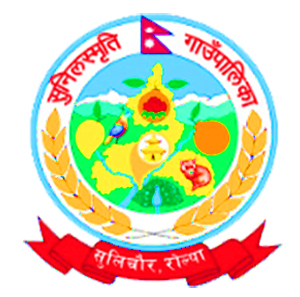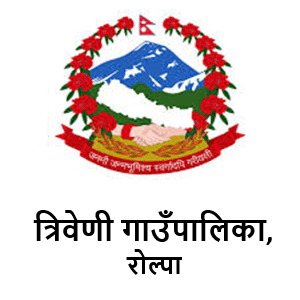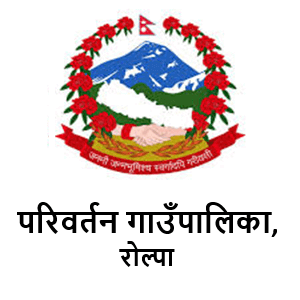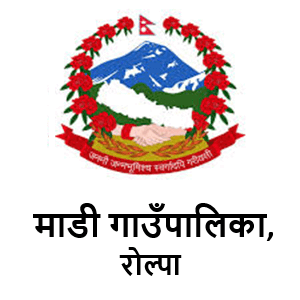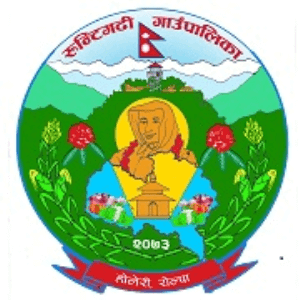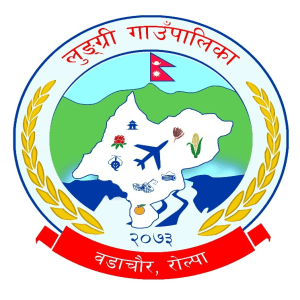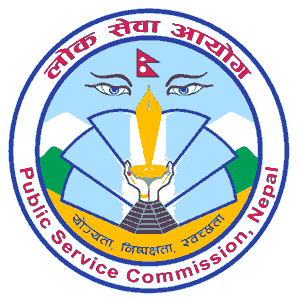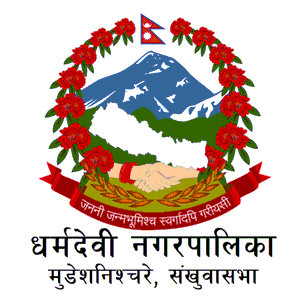Overview
Thabang Rural Municipality (Gaupalika - थबाङ गाउँपालिका, राेल्पा) is one of the nine rural municipalities within Rolpa District, located in Lumbini Province, one of Nepal’s seven federal provinces. Known for its exceptional natural beauty and high tourism potential, this area is symbolically referred to as a “velvety jewel.”
The name "Thabang" originates from the region’s historical legacy and geographical setting. Among its key attractions is the sacred and scenic Jaljala area. The municipality is located approximately 23 km (69 kilometers) from the district headquarters and spans a total area of 191.07 square kilometers. According to the 2011 national census, the total population is 10,891.
Originally composed of three former Village Development Committees (VDCs), Thabang Rural Municipality is currently divided into five wards:
-
Wards 1 and 2 include the former Thabang VDC,
-
Ward 3 includes the former Mirul VDC,
-
Wards 4 and 5 include the former Uwa VDC.
Establishment and Demographic Overview
In 2016 AD (2073 BS), the Ministry of Federal Affairs and Local Development restructured local bodies and declared Thabang as a rural municipality by merging Thabang, Mirul, and Uwa VDCs. It lies 166 km from Ghorahi along the Martyrs’ Road, and 74 km northeast of Liwang, Rolpa. The majority of the population belongs to the Kham Magar ethnic group. In the local Kham language, the suffix "wang" refers to open meadows, and "Thabang" means a meadow nestled in the lap of hills.
This rural municipality is situated at an elevation of 1,810 meters or higher, characterized by temperate and sub-temperate climates. Recorded temperatures range between 5°C and 29°C. Most rooftops are constructed from wooden planks. With approximately 55% literacy, the local population primarily relies on traditional agriculture, and potato farming is considered the most productive in the district.
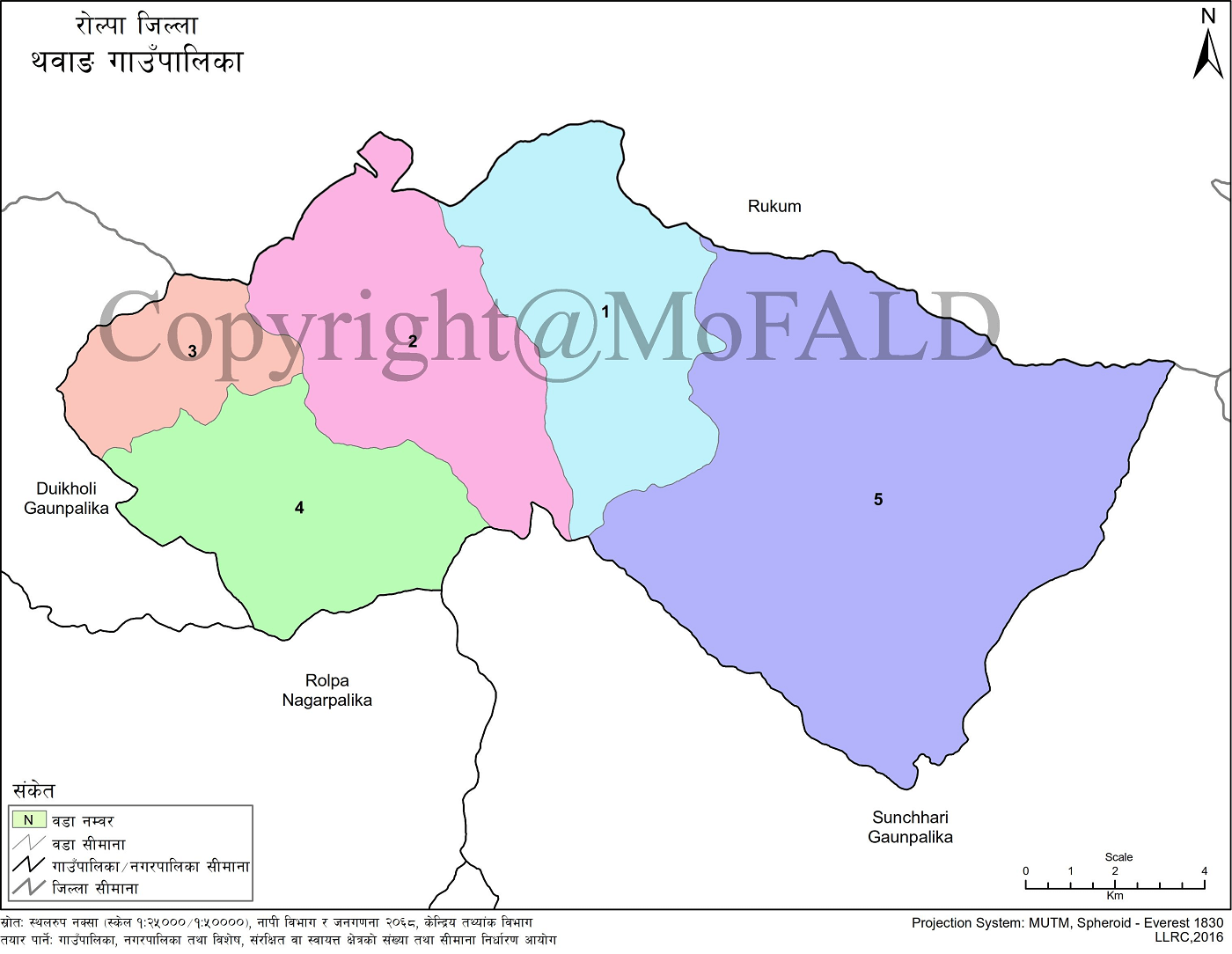
Historical Significance
Thabang is widely recognized as the epicenter of Nepal’s decade-long Maoist Insurgency. Over the past six decades, it became known both nationally and internationally as a revolutionary and communist stronghold. Collective decision-making and unity are key characteristics of the local people, whose lifestyle is distinct from much of the country.
According to 85-year-old Barman Budha Magar, one of the few living eyewitnesses to local history, Krishna Bahadur Jhankri Magar was the first land revenue officer in 1958 AD (2015 BS). Due to repeated abuses of authority by the office, the people organized protests, which eventually led to the establishment of a communist party under Barman's leadership.
Over time, Thabang evolved into a unified, politically active community. By 2000 AD (2056 BS), the region saw complete electoral boycotts against the state. During the 2001 state of emergency, the Royal Nepalese Army burned down many homes on March 29 (Chaitra 16), forcing locals to flee into the forests. The state carried out brutal actions, including torture, sexual violence, arrests, and killings. During the insurgency:
-
Thabang lost 28 lives,
-
Mirul 33 lives,
-
Uwa 22 lives, and
-
Jailwang over 73 lives.
Many were left disabled, missing, or widowed—figures still unverified to this day.
The community’s decision-making system, rooted in indigenous culture, contributed to its continued rebellious stance. In 2008, nearly the entire local population voted for Pushpa Kamal Dahal (Prachanda) in the Constituent Assembly election. However, after he moved away from Rolpa, locals felt disillusioned due to unfulfilled promises. Though pledges were made during the 16th annual Maoist celebration, including infrastructure and road development, these remain unfulfilled.
To date, the government and national leadership have failed to provide significant support for Thabang’s reconstruction and development. The sacrifices of the Kham Magars and Thabang residents have often served the interests of politicians without yielding benefits to the region itself.
Today, the rural municipality is moving beyond its complicated past, focusing on economic development. Notable improvements in education and infrastructure have occurred. While some government investment has reached the area, its impact remains limited. The newly elected local body has expressed a commitment to implementing impactful policies and programs.
Geographic and Administrative Details
Bordering Municipalities
-
East: Sunchhahari Rural Municipality
-
West: Duikholi Rural Municipality
-
North: Rukum District
-
South: Rolpa Municipality and Sunchhahari Rural Municipality
-
Area: 191.07 sq. km
-
Population: 10,891 (as per 2011 Census)
-
Administrative Center: Thabang
-
Total Wards: 5
Ward Composition
Wards Included in Thabang Rural Municipality
-
Ward 1 – Thabang (1–4), Population: 1,912, Area: 31.64 sq. km
-
Ward 2 – Thabang (5–9), Population: 2,486, Area: 33.2 sq. km
-
Ward 3 – Mirul (1–9), Population: 2,513, Area: 12.83 sq. km
-
Ward 4 – Uwa (3, 5, 7, 8), Population: 1,885, Area: 27.75 sq. km
-
Ward 5 – Uwa (1, 2, 4, 6, 9), Population: 2,085, Area: 85.68 sq. km
-
Total Population: 10,891
-
Total Area: 191.1 sq. km
Geography and Climate
-
Altitude Range: 1,810 meters to 3,500 meters
-
Climate Type: Temperate
Biodiversity
Major Crops
-
Barley
-
Wheat
-
Maize
-
Potato
-
Cabbage
Common Flora
-
Oak
-
Rhododendron
-
Walnut
-
Pine
-
Sal
-
Sisau
-
Champ
-
Chyuri
-
Tun
-
Katus
-
Utis
Wildlife
-
Musk deer
-
Goral
-
Himalayan Tahr
-
Red Panda
-
Red monkey
-
Jackal
-
Wild Boar
-
Leopard
-
Hare
Birds
-
Himalayan Monal (Danphe)
-
Munal
-
Partridge (Titra)
-
Kalij
-
Dove
-
Thrush
-
Pheasant
-
Sparrow
Livestock
-
Sheep and goats
-
Horses and mules
-
Cows and buffalo
-
Pigs and chickens
Rivers and Water Bodies
-
Thabang Khola
-
Mirul Khola
Religious and Historical Sites
-
Jaljala Area
-
Jantra Temple
-
Barajuwang Temple
Local Festivals, Fairs, and Cultural Events
Thabang Rural Municipality is ethnically and culturally diverse, with different communities observing a range of festivals and rituals. Key festivals include:
Major Local Celebrations
-
Maghe Sankranti (Magar, Thakali, Kami, Damai): Mid-January
-
Bhume Festival (Magar community): Celebrated in June to honor the land and prevent natural calamities. It includes a week-long series of rituals and traditional dances. Thabang consistently ranks first in inter-municipal dance competitions.
-
Lhosar (Magar): December
-
Nepali New Year (Various communities): April
-
Teej (Hindu women): August/September
-
Dashain and Tihar (Hindu communities): October/November
Schools in Thabang Rural Municipality, Rolpa
-
Total Schools: 24
-
Pre-schools: 23
-
Basic Level Schools: 22
-
Secondary Level Schools: 3
-
Plus-2 Level Schools: 1
-
Public Schools: 23
-
Private Schools: 1
-
Model School: 1
Plus-2 Level School
-
Bir Balbhadra Model Secondary School – Thawang, Rolpa (1–12)
Secondary Level Schools (Nursery–10)
-
Bhanubhakta Madhyamik Vidyalaya – Thawang, Rolpa (Nursery–10)
-
Himalaya Phoolbari Madhyamik Vidyalaya – Thawang, Rolpa (Nursery–10)
Basic Level Schools (Nursery–8 or Below)
-
Nepal Rastriya Basic School – Thawang, Rolpa (Nursery–8)
-
Mahendra Basic School – Thawang, Rolpa (Nursery–5)
-
Sarada Basic School – Thawang, Rolpa (Nursery–8)
-
Bal Bikash Basic School – Thawang, Rolpa (Nursery–5)
-
Janasewaka Basic School, Kotalwara – Thawang, Rolpa (Nursery–5)
-
Baraha Chhetra Basic School – Thawang, Rolpa (Nursery–7)
-
Himalaya Basic School – Thawang, Rolpa (Nursery–5)
-
Jana Jagriti Basic School – Thawang, Rolpa (Nursery–5)
-
Kalika Netra Jyoti Basic School – Thawang, Rolpa (Nursery–3)
-
Janajyoti Basic School, Tumka – Thawang, Rolpa (Nursery–5)
-
Naba Balkalyan Basic School, Kharsubot – Thawang, Rolpa (Nursery–3)
-
Jana Sahabhagita Basic School – Thawang, Rolpa (Nursery–3)
-
Nawa Chetana Basic School, Kaphaldanda – Thawang, Rolpa (Nursery–3)
-
Jana Jyoti Basic School, Juttar – Thawang, Rolpa (Nursery–5)
-
Luejawari Basic School – Thawang, Rolpa (Nursery–5)
-
Jana Kalyan Basic School – Thawang, Rolpa (Nursery–5)
-
Deep Jyoti Basic School – Thawang, Rolpa (Nursery–3)
-
Jana Chachhu Basic School – Thawang, Rolpa (Nursery–1)
Pre-schools / Early Childhood Centers
-
Jaljala Educational Academy – Thawang, Rolpa (Nursery–8)
-
Gyanpunja Babike – Thawang, Rolpa (Nursery)
-
Surbang Balbikas Kendra – Thawang, Rolpa (Nursery)


